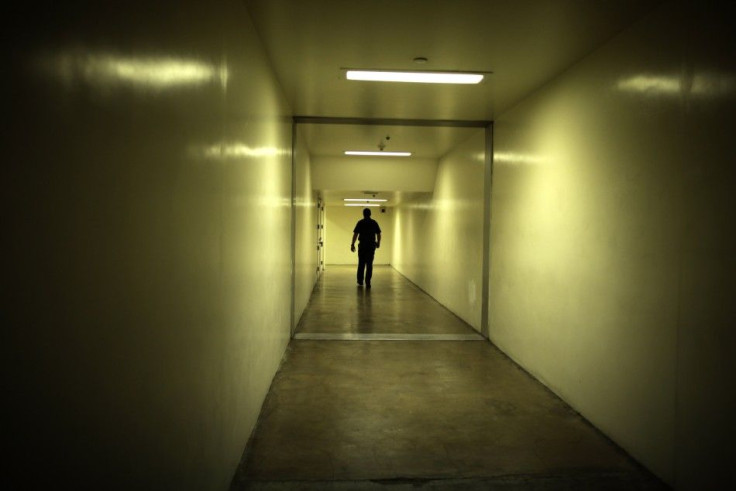Analysis: Clouds Over California's New Approach to Felons

Probation departments across California are hiring, bucking the state's grim jobs market as they prepare for tens of thousands of felons to fall under county control instead of being sent to state prisons.
The switch will mark the most dramatic change in decades to how California handles felons, with supporters saying it will give overtaxed state prisons much needed relief and critics saying it threatens to reverse the state's falling crime rate.
Critics are also concerned about how the cash-strapped state will fund the shift over the long haul.
Counties across the most populous state will on Saturday begin taking charge of felons who are not sex offenders and deemed to be nonviolent and nonserious under Governor Jerry Brown's realignment program.
The program is aimed at three major problems facing California's prison system: cost, recidivism and overcrowding, which federal court have ordered the state to relieve.
Cycling these offenders through state prisons wastes money, aggravates crowded conditions, thwarts rehabilitation, and impedes local law enforcement supervision, Brown has said.
But even program supporters acknowledge it is a step into the unknown as felons will held in local jails or will be free but under supervision. Additionally, the program's scale is daunting -- 30,000 inmates will be freed to ease prison overcrowding and many are seen running afoul of the law again -- and its long-term funding is in doubt.
The program has guaranteed state funds only through next June, said Assemblyman Anthony Portantino, who declined to support fellow Democrat Brown on realignment.
We put in place something we have no current capability of funding, Portantino said. It's a short-term way of accounting for savings in the immediate crisis.
Doubts about funding are also weighing heavily on local government, said Riverside County Supervisor John Tavaglione.
There's a lot of skepticism and rightfully so, said Tavaglione. We've got to have the resources to do it and those resources have to be constitutionally protected.
Moody's Investors Service in March voiced similar concern, noting the potential for unfunded realignment adding financial pressure on counties that could trigger downgrades.
BREAKING OUT OF PRISON PROBLEMS
Brown will get an earful on the concerns when he meets on Monday with the Los Angeles Board of Supervisors, said Supervisor Michael Antonovich.
What the governor is doing is dumping state felons on our doorstep, said Antonovich. We don't have enough bed space, jail space, for our current inmates.
To allay concerns, Brown is promising permanent funds, which would provide a way out the quagmire of prison problems that vexed his predecessor, Arnold Schwarzenegger.
Keeping low-level offenders, including parole violators, behind bars in local jails would allow the state's prison system to focus on how best to release inmates to ease crowding and it could help efforts to trim prison spending, which voters favor over cutting spending on schools if budget gaps persist.
State officials also see keeping low-level offenders out of contact with hardened criminals in state prisons and in local social and health programs as a way to reduce recidivism. Seven in 10 parolees now return to state prisons.
The state's leaders must face up to the problems piled up in prisons and they lack an alterative to realignment, said Bob Stern of the Center for Governmental Studies in Los Angeles.
Something has to be done, Stern said. But he added that The bottom line question is, Who will pay for it?
City officials fear they'll be stuck with a big part of the bill from arrests of felons who go astray from local programs.
It's just a bad deal, said Ed Grimes, mayor of Tehachapi, California. I don't think it's going to work.
Sacramento County Sheriff Scott Jones is concerned long-term funds will be tripped up by politics. He believes Brown is serious about finding the money but he doubts lawmakers are or that voters would back a ballot measure seeking the money.
Jones also fears funds could be hostage to the legislature's annual political circus over the state budget. Its revenue estimates already look overly optimistic, pointing to the potential for deeper spending cuts early next year.
© Copyright Thomson Reuters 2024. All rights reserved.











